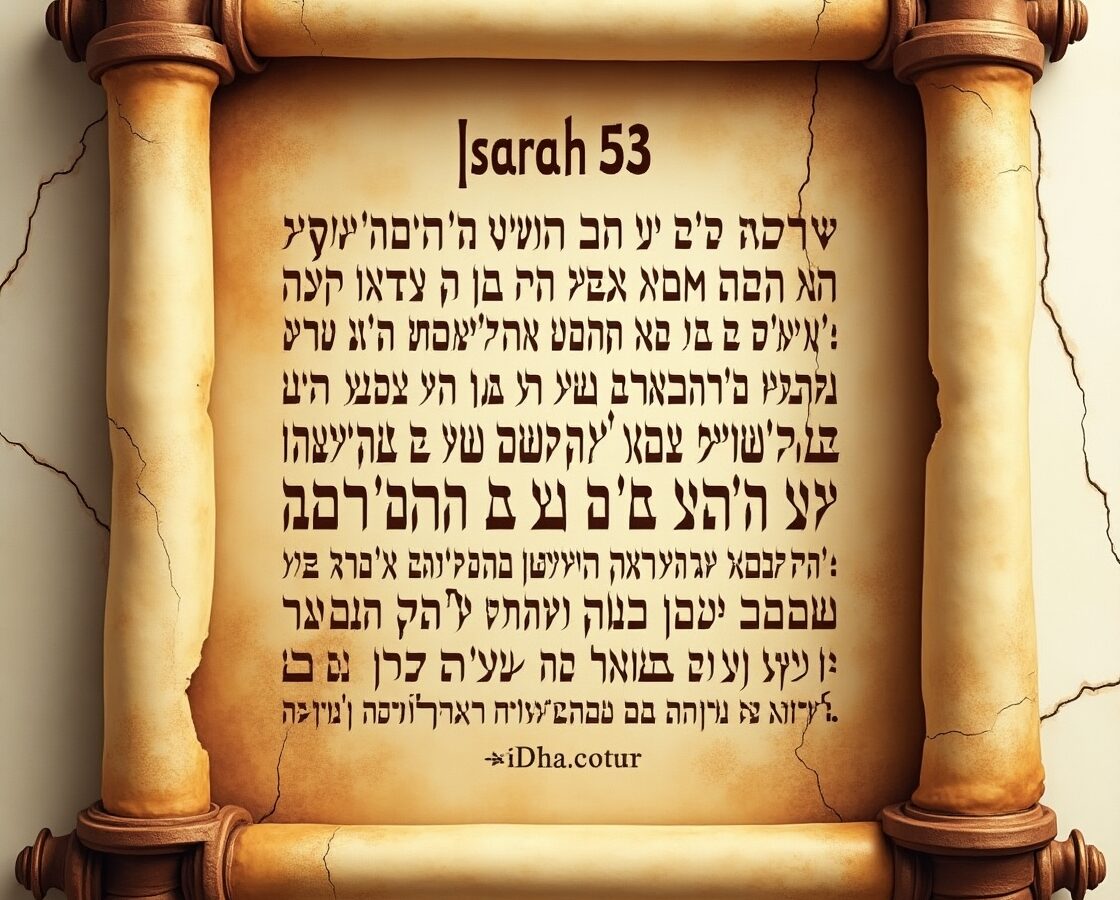Old Testament Prophets: Who They Were, Their Messages, and Why They Matter Today
Explore the role of Old Testament prophets, their key messages, and how their warnings and promises still resonate today. Discover major and minor prophets in this comprehensive guide.
Introduction: The Voice of God in Turbulent Times
Old Testament prophets were God’s messengers, called to confront sin, warn of judgment, and proclaim hope during pivotal moments in Israel’s history. From fiery reformers like Elijah to visionary writers like Isaiah, these men (and a few women) bridged heaven and earth, calling God’s people back to covenant faithfulness. This article explores their roles, key prophecies, and enduring relevance for modern believers.
The Role of Old Testament Prophets
Prophets served as:
1. Covenant Enforcers: Holding Israel accountable to God’s laws (Deuteronomy 18:15–22).
2. Truth-Tellers: Exposing idolatry, injustice, and hypocrisy (Amos 5:24).
3. Foretellers: Predicting future events (e.g., exile, Messiah’s coming).
4. Intercessors: Praying for mercy on behalf of the people (Jeremiah 14:20).
Old Testament Kings Of Israel And Judah: In Chronological Order
Key Roles and Themes
• Divine Messengers: Prophets served as intermediaries between God and the people, interpreting divine will and urging the nation to return to righteousness.
• Social Justice: Many prophets criticized social injustice, idolatry, and moral decay, calling for repentance and a return to ethical living.
• Hope and Restoration: Alongside warnings, prophets offered visions of a future renewal and the eventual establishment of a just, peaceful society.
Categories of Old Testament Prophets
1. Notable Prophets (Non-Writing)
• Moses: Regarded as the foremost prophet in Judaism, Moses is credited with leading the Israelites out of Egypt and receiving the Law on Mount Sinai.
• Samuel: A prophet and judge who played a key role in the transition from the period of the judges to the establishment of monarchy in Israel.
Old Testament Judges Of The Bible: In Chronological Order
• Elijah and Elisha: Known for their dramatic acts and miracles, these prophets confronted corrupt kings and exemplified the power of faith in action.
2. Major Prophets (Writing) These books are typically longer and include:
– Isaiah:Known for his detailed prophecies about judgment and the coming of a messianic figure
(Isaiah 7:14; 53:5).
– Jeremiah: Often called the “weeping prophet” for his lamentations over Israel’s failures and his messages of impending exile. (Jeremiah 31:31–34).
– Ezekiel: : Recognized for his symbolic visions and prophecies during the Babylonian exile.
(Ezekiel 37:1–14).
– Daniel: Although its classification varies (being included among the prophets in Christian traditions but placed with the Writings in the Hebrew Bible), Daniel’s apocalyptic visions have been influential.(Daniel 2:44).
3. Minor Prophets (Writing)
Called “minor” not because their messages were less important, but because their writings are shorter. These include:
– Hosea: Symbolized God’s love through a broken marriage (Hosea 1:2).
– Amos: Demanded justice for the poor (Amos 5:24).
– Jonah: Reluctant prophet to Nineveh (Jonah 3:1–10).
– Micah: Predicted Bethlehem as the Messiah’s birthplace (Micah 5:2).
– Malachi: Rebuked spiritual apathy before 400 years of prophetic silence (Malachi 3:1).
– Joel
– Obadiah
– Nahum
– Habakkuk
– Zephaniah
– Haggai
– Zechariah
Each of these books addresses specific issues of their time—from social injustice and the failure of leadership to the promise of future hope and the coming day of the Lord.
The Fruit Of The Spirit: Cultivating Christlike Character
Key Themes in Prophetic Messages
1. Judgment for Sin:
– Israel’s idolatry and oppression led to exile (Jeremiah 25:8–11).
2. Call to Repentance:
– “Return to the Lord” (Joel 2:12–13).
3. Hope and Restoration:
– Promises of a remnant, Messiah, and New Covenant (Isaiah 11:1; Jeremiah 23:5).
4. Social Justice:
– Condemnation of corruption and neglect of the vulnerable (Isaiah 1:17).
5 Prophecies Fulfilled in the New Testament
1. Messiah’s Birth in Bethlehem (Micah 5:2 → Matthew 2:1).
2. Suffering Servant (Isaiah 53 → 1 Peter 2:24).
3. New Covenant (Jeremiah 31:31 → Luke 22:20).
4. Holy Spirit’s Outpouring (Joel 2:28–29 → Acts 2:17–18).
5. Gentile Inclusion (Isaiah 49:6 → Acts 13:47).
Why Old Testament Prophets Matter Today
1. Moral Clarity: Their calls for justice and integrity still challenge societal sin.
2. Hope in Crisis: Their promises of God’s faithfulness anchor believers in trials.
3. Christ-Centered Focus: They point to Jesus as the ultimate Prophet, Priest, and King (Hebrews 1:1–2).
What Is Grace: A Biblical Perspective
FAQs About Old Testament Prophets
Question: Were prophets perfect?
Answer: No—even giants like Moses and Elijah struggled (Numbers 20:12; 1 Kings 19:4).
Question: Did prophets only predict the future?
Answer: No—they primarily addressed current issues, with some future revelations.
Question: Are there female prophets in the Old Testament?
Answer: Yes! Miriam (Exodus 15:20), Deborah (Judges 4:4), and Huldah (2 Kings 22:14).
Question: How do I study the prophets effectively?
Answer: Start with historical context, identify key themes, and connect to Christ.
Conclusion: Heeding the Prophetic Call Today
The messages of the Old Testament prophets have had a lasting impact on both Jewish and Christian traditions. They provide insight into themes of justice, redemption, and the relationship between humanity and the divine, continuing to inspire theological reflection and ethical discussion today.
The Power Of The Cross: The Sacrifice Of Jesus Christ
Last modified: May 8, 2025






